It’s no secret that nutrition is paramount to running. Whether you’re preparing for a big race or keeping in shape during the off-season, your nutrition has a huge impact on performance, and there’s no way to outrun a bad diet. Here are 5 tips for ultra runners to help get your nutrition right for your next event!
1. Get in enough carbs and protein
The primary fuel source for ultra runners is carbohydrates as they are crucial for runners to maintain adequate blood glucose levels, maximize muscle and liver glycogen stores, and replenish glycogen stores after training. Ideally, ultra runners training 1-3 hours per day should aim to eat 6-10 grams of carbohydrates per kg of body weight a day. If you’re training even longer than this, you may need anywhere from 8-12 grams of carbohydrates per kg of body weight a day. By consuming sufficient amounts of carbohydrates, you’re supplying your body with enough energy to get through intense training while avoiding carbohydrate depletion and muscle fatigue.
Unlike carbohydrates,protein isn’t the primary source of fuel during exercise. However, adequate protein intake is still critical to any athlete as muscle breakdown occurs during long training sessions. Currently, theguideline set by the American College of Sports Medicine (ACSM) is a range of 1.2-2.0 g/kg of body weight per day of protein. For example, if you weigh 70 kilograms, you would need anywhere from 84-140 grams of protein per day to repair and rebuild muscle that’s broken down during exercise. Thankfully, our Ultra Recovery™ protein powders provides 24 grams of complete protein, perfect forpost-workout consumption!
2. Alternate between water and a sports drink
Many endurance athletes make the mistake of drinking too many sports drinks throughout the day. While it is important to get in yourelectrolytes, consuming too much sugary sports drinks can cause stomach distress. For training sessions lasting less than 90 minutes, drinking just water is enough. For longer training sessions, mixing in a sports drink is important to replenish electrolytes lost in sweat.
Fluid ingested during long training sessions should contain electrolytes (0.5-0.7 grams of sodium per liter of fluid) and carbohydrates (5-10 grams CHO per 100 mL of fluid), although the volume of fluid needed will depend on sweat rates and the environment. You can make a recipe at home by combining 1 liter of water, 0.3-0.5 grams of salt, 1 liter of juice, and lemon juice!
3. Avoid experimenting before a race
You would never wear new running shoes on race day, and nutrition is exactly the same. In the week leading up to a race, stick to familiar foods and don’t add or try anything new in your routine. The last thing you want is to experience stomach pains from new foods. Practice your nutrition strategies during training to know what foods best agree with you.
4. Don’t overeat fiber
Foods that are really high in fiber, such as beans, broccoli, or kale, could cause gastrointestinal distress during long training. Too much fiber causes digestion to slow down or even stop, resulting in gas, bloating, or cramping. While high fiber foods are great for reducing inflammation and blood pressure, you want to limit them before races or long training sessions. Instead, choosecompact carbohydrate-rich sources that are low in fiber and easily consumed, otherwise known as low glycemic index (GI) foods. Low GI foods also provide a more sustained source of fuel and include soy products, boiled sweet potatoes, beans, al dente pasta, grainy breads, and porridge.
5. Practice eating while training
During endurance exercise, you’ll have greater stamina and better performance if you consume some carbohydrates, such asenergy bars, gels, or dried fruit. By fueling during your run, you’ll replace glucose that is burned as fuel and avoid running out of energy. Gut training, or eating adequate amounts of carbohydrates during training sessions to build up your gut’s tolerance for carb consumption during your actual race, is key to prepping your gastrointestinal tract. That way, your body will get used to digesting while exercising and you’ll get an idea of what foods work best for you. While training, aim to eat 40-60 grams of carbohydrates per hour after the first hour of running.

In conclusion...
Ultra running has been taken up by many of Näak’s athletes as a way to challenge the body and redefine what is physically possible, which is why we compiled this list of nutrition tips to help! Keep in mind thatnutritional requirements vary between each athlete according to training load, specific individual needs, environment, body composition goals, health, and adjustment for growth in younger runners. There is no one-size-fits all eating approach as every athlete is unique and has varying nutrient needs.

If you have discovered some Näak products in this article and would like to try more, don't hesitate any longer: find all our productshere!


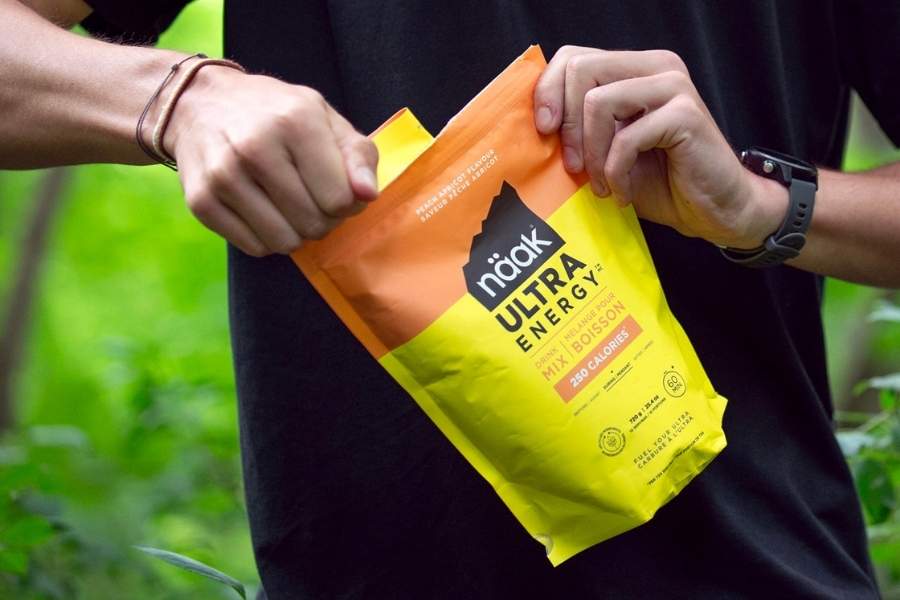
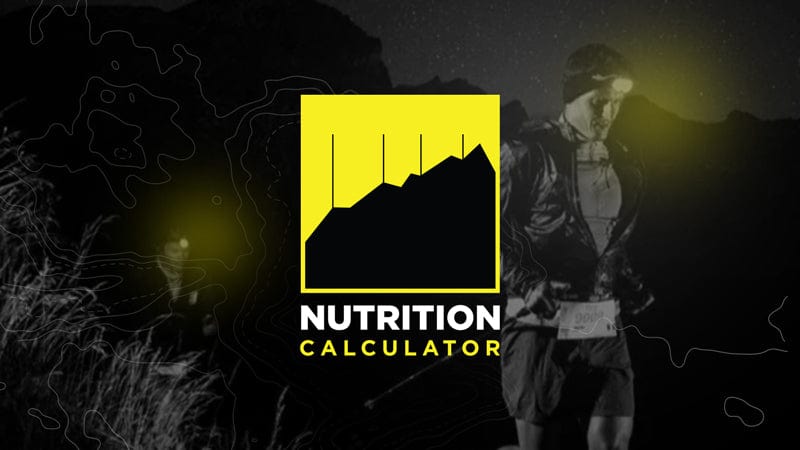
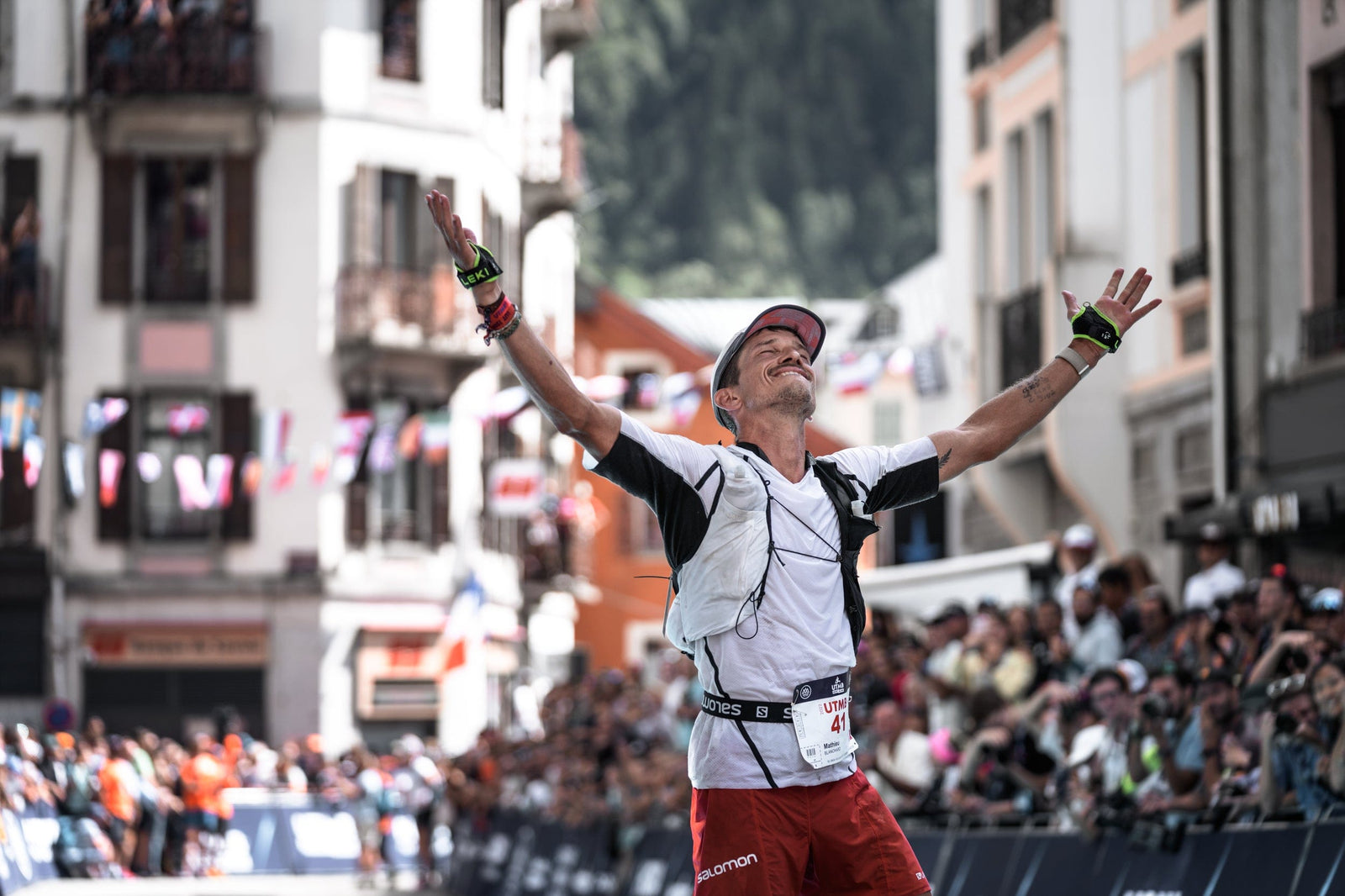



















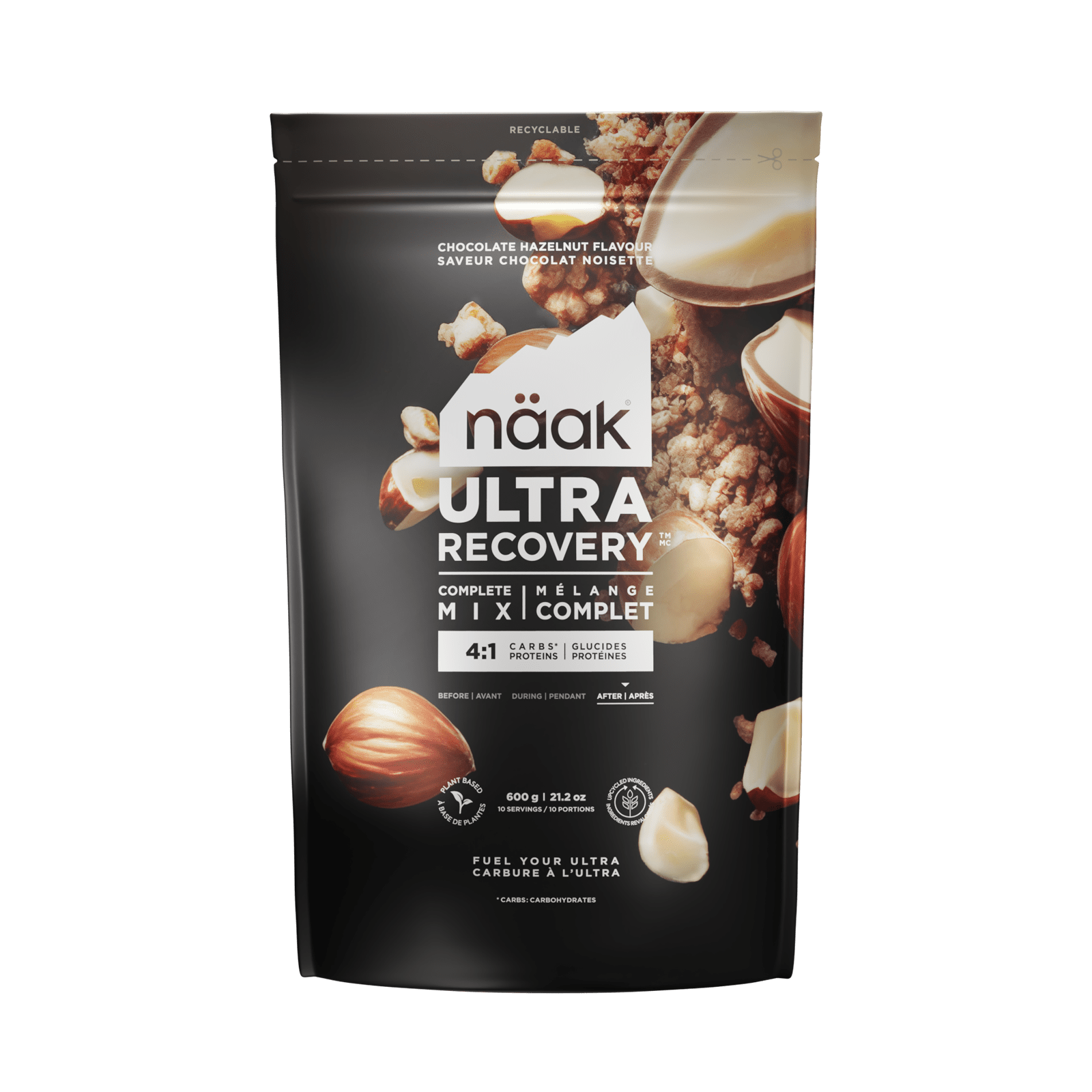
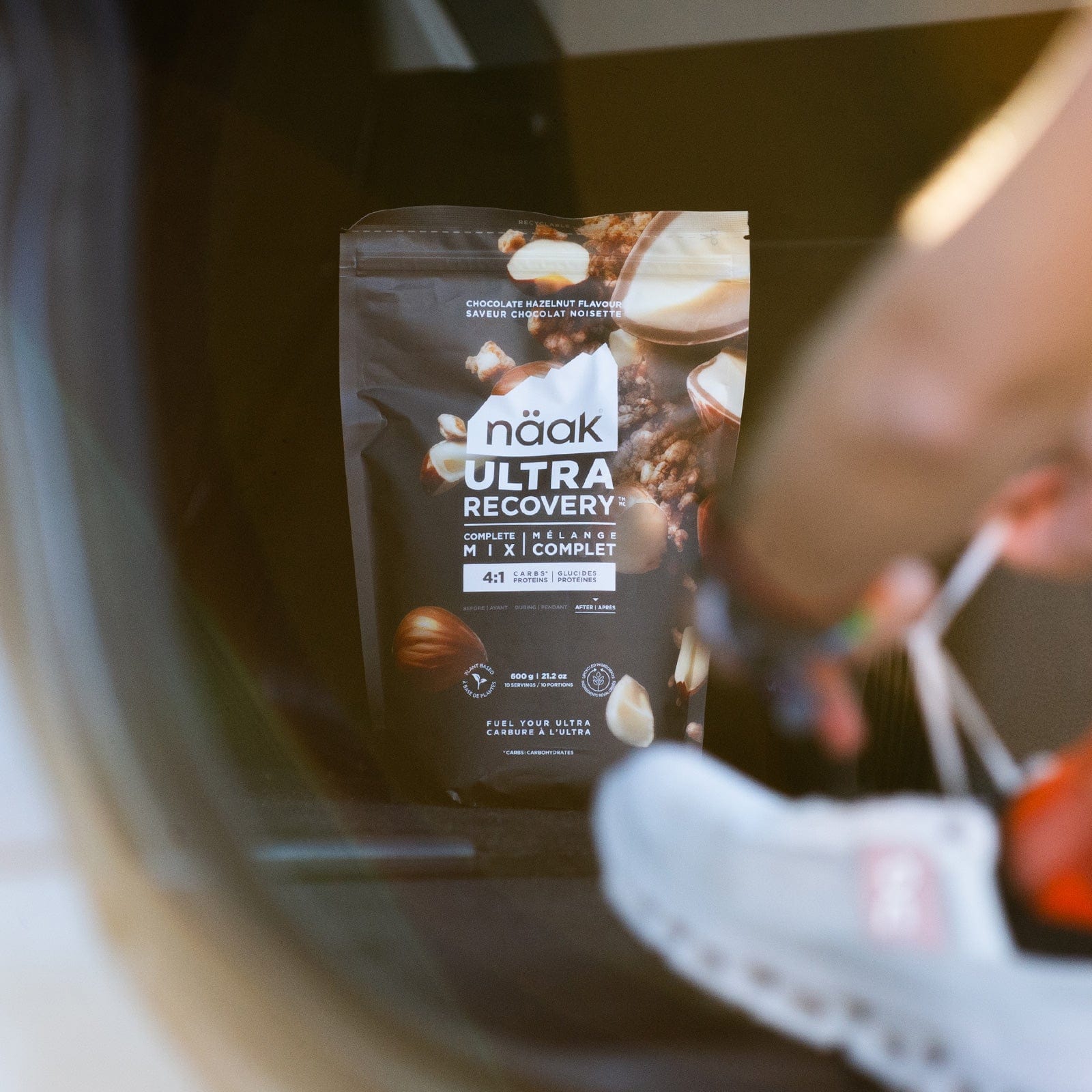
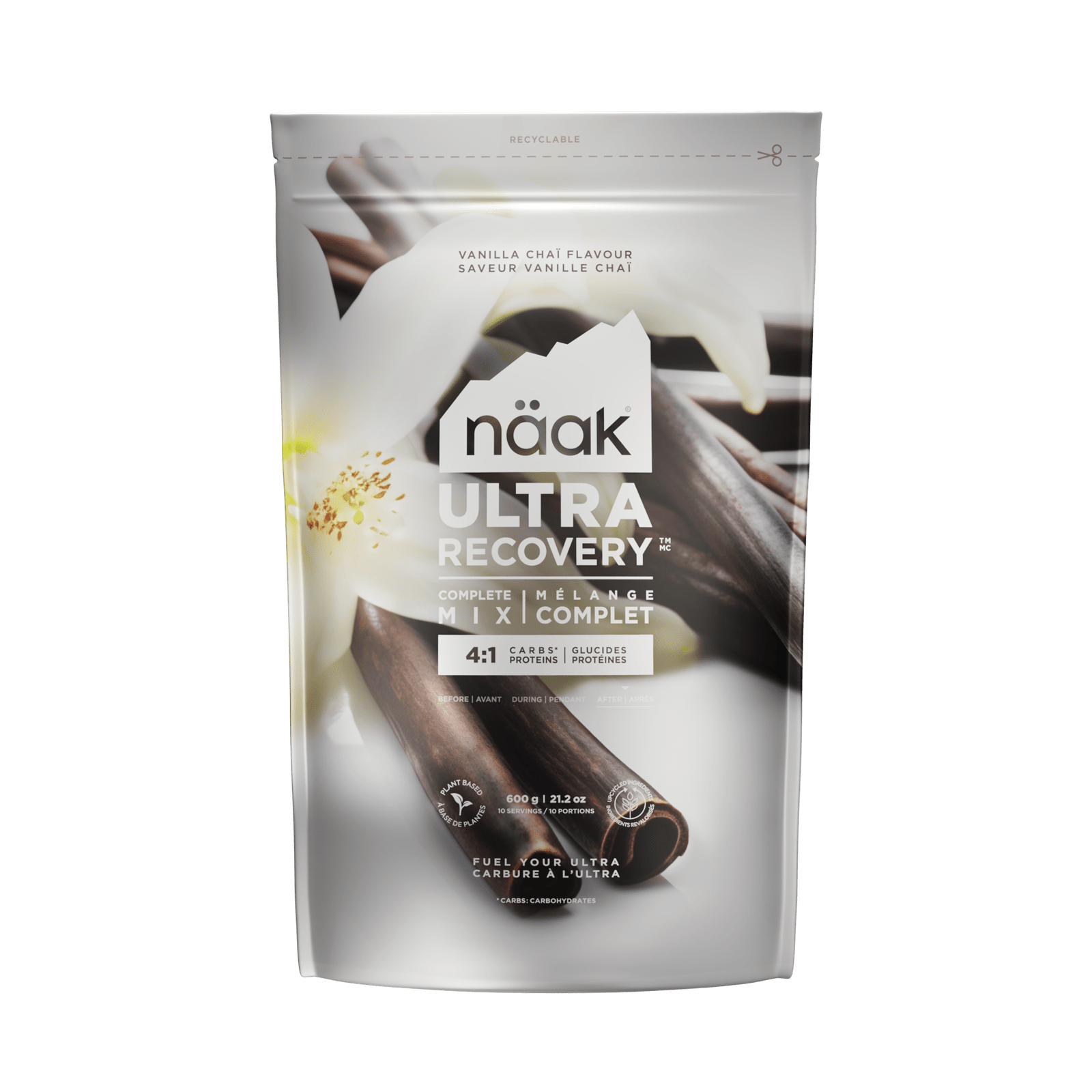
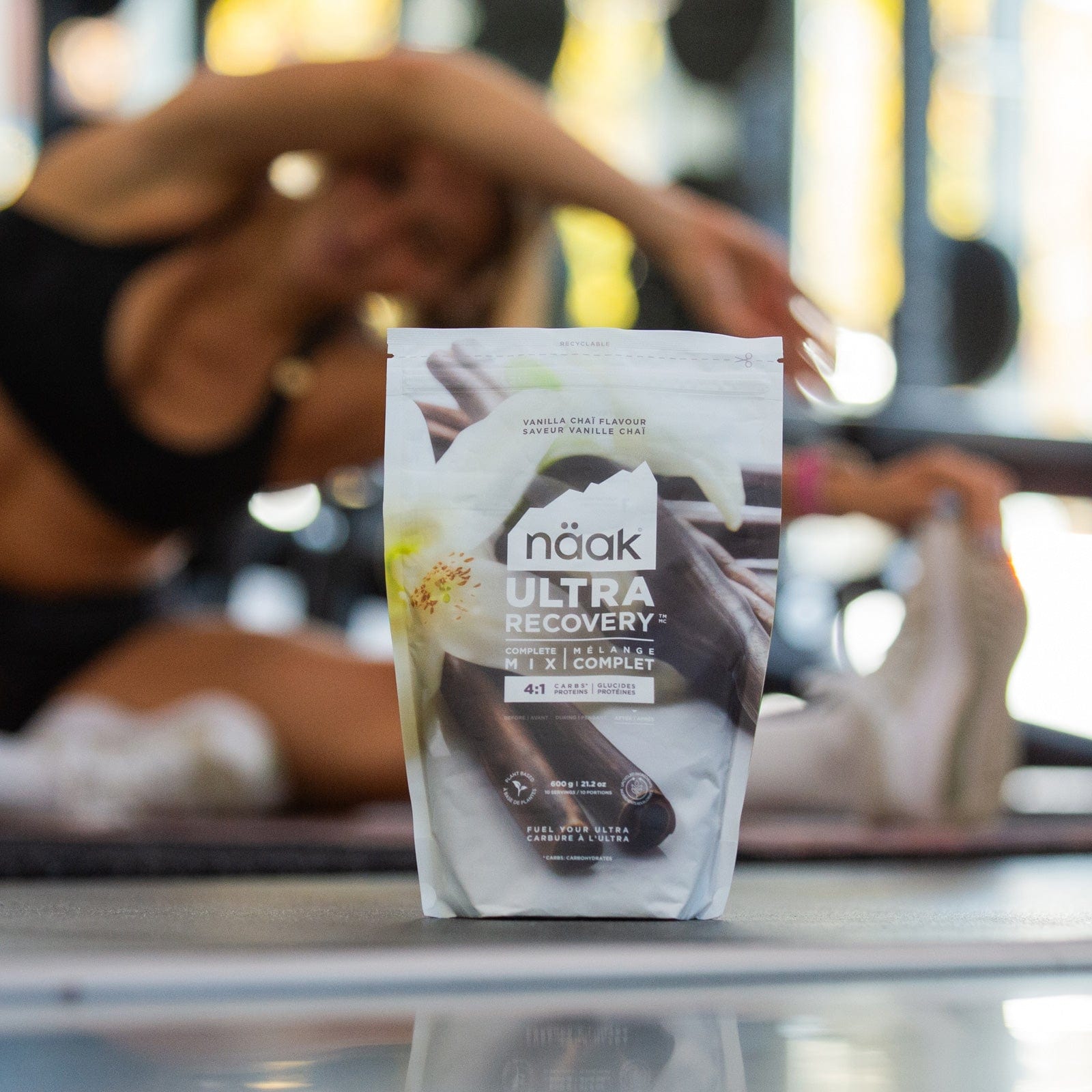


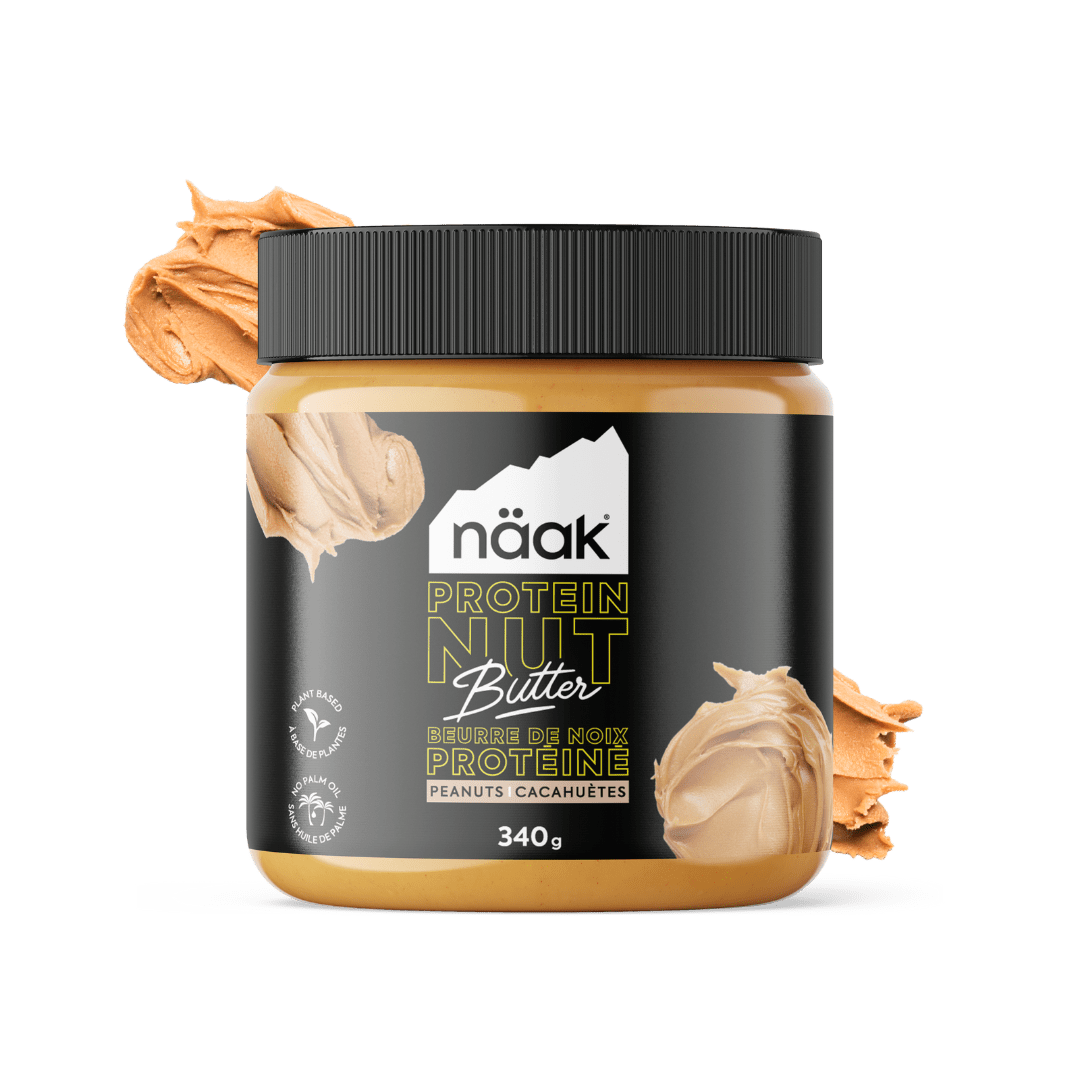
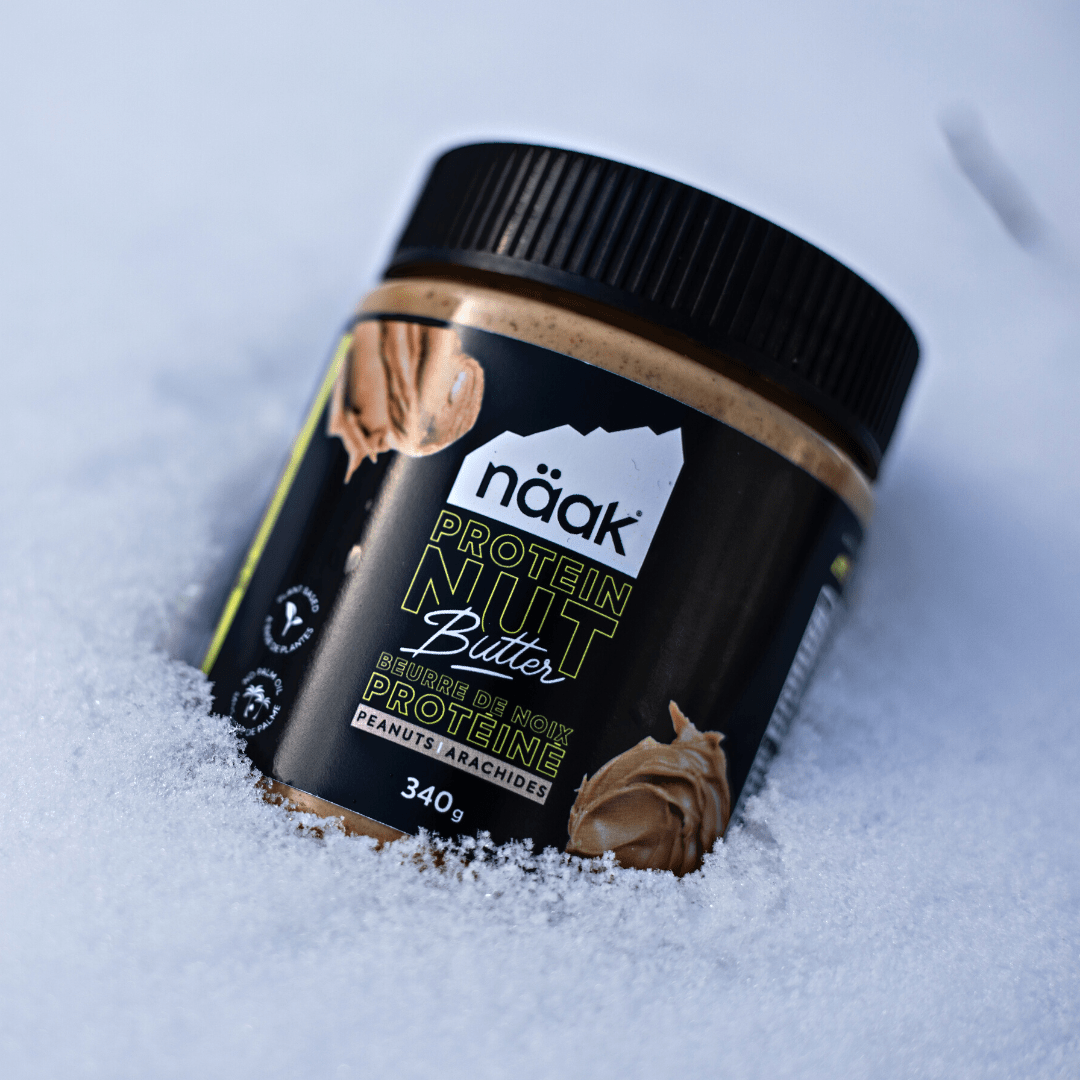
Leave a comment (all fields required)